
Trust Votes and Political Instability
For the third time in a relatively brief span, Prime Minister Pushpa Kamal Dahal has secured a vote of confidence in Nepal’s Parliament. However, while the numbers may suggest a nominal victory, they belie a deeper undercurrent of political uncertainty and distrust that threatens the stability of the nation.
The latest iteration saw Prime Minister Dahal garnering the support of 157 members, a notable decline from his previous counts. This trend of diminishing trust is evident when we reflect on his earlier victories, particularly the resounding support he received in December 2022. Then, in alliance with the CPN-UML and the Rastriya Swatantra Party, Dahal commanded a staggering 268 votes. However, subsequent shifts in alliances and political maneuvers have eroded this support, culminating in the present situation where his victory seems more a matter of arithmetic than genuine confidence.
Indeed, the dynamics within Parliament paint a picture of discord and opportunism rather than statesmanship and integrity. The recent exchanges between the leaders of the major parties—Congress, UML, and the Maoist Centre—underscore the precarious nature of alliances and the absence of genuine trust. The verbal jousting between KP Sharma Oli and Sher Bahadur Deuba, while emblematic of political posturing, reveals a deeper malaise within the system.
Oli’s reproachful remarks towards Deuba, reminiscent of past grievances, serve as a stark reminder of the fragility of political partnerships. Such behavior only exacerbates the prevailing sense of distrust and uncertainty, casting doubt on the efficacy of Nepal’s democratic institutions. The people, who are ultimately the stakeholders in this political drama, are left wondering whose trust the prime minister has truly earned.
While Dahal may have secured the necessary votes to prolong his tenure, the manner in which he has done so raises questions about his commitment to the democratic process. His failure to inspire genuine confidence, coupled with the spectacle of intra-coalition squabbling, undermines the very foundations of Nepali democracy.
Looking ahead, it is imperative that Nepal’s political leaders prioritize the national interest over personal agendas and party politics. The country cannot afford to be held hostage to the whims of self-serving politicians whose actions threaten to plunge it into further instability.
In conclusion, while Prime Minister Dahal may have won the trust vote on paper, the broader context suggests a crisis of confidence that must be addressed with urgency. Only through genuine dialogue, accountability, and a commitment to democratic principles can Nepal navigate the turbulent waters ahead and emerge stronger as a nation.
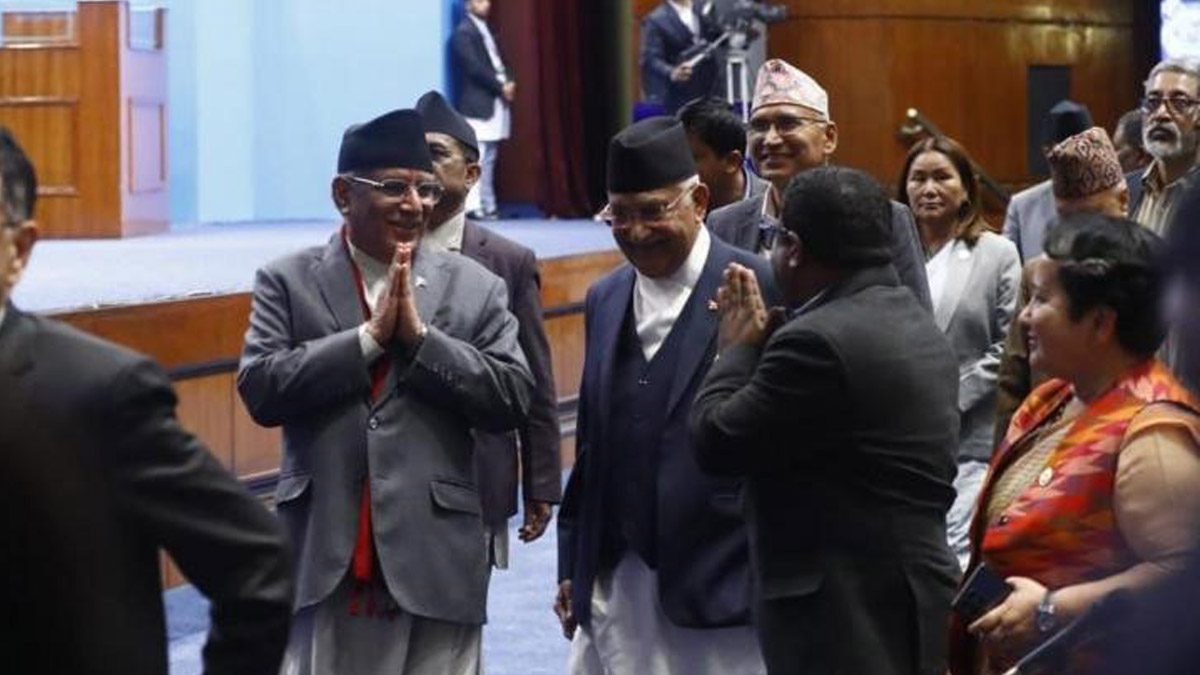


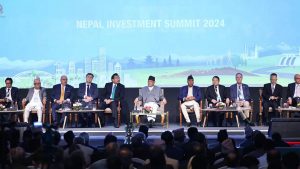
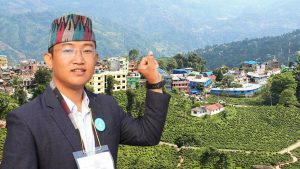
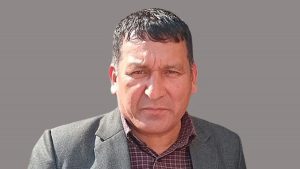
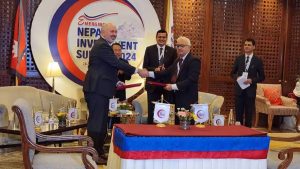

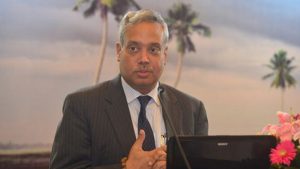






Comments